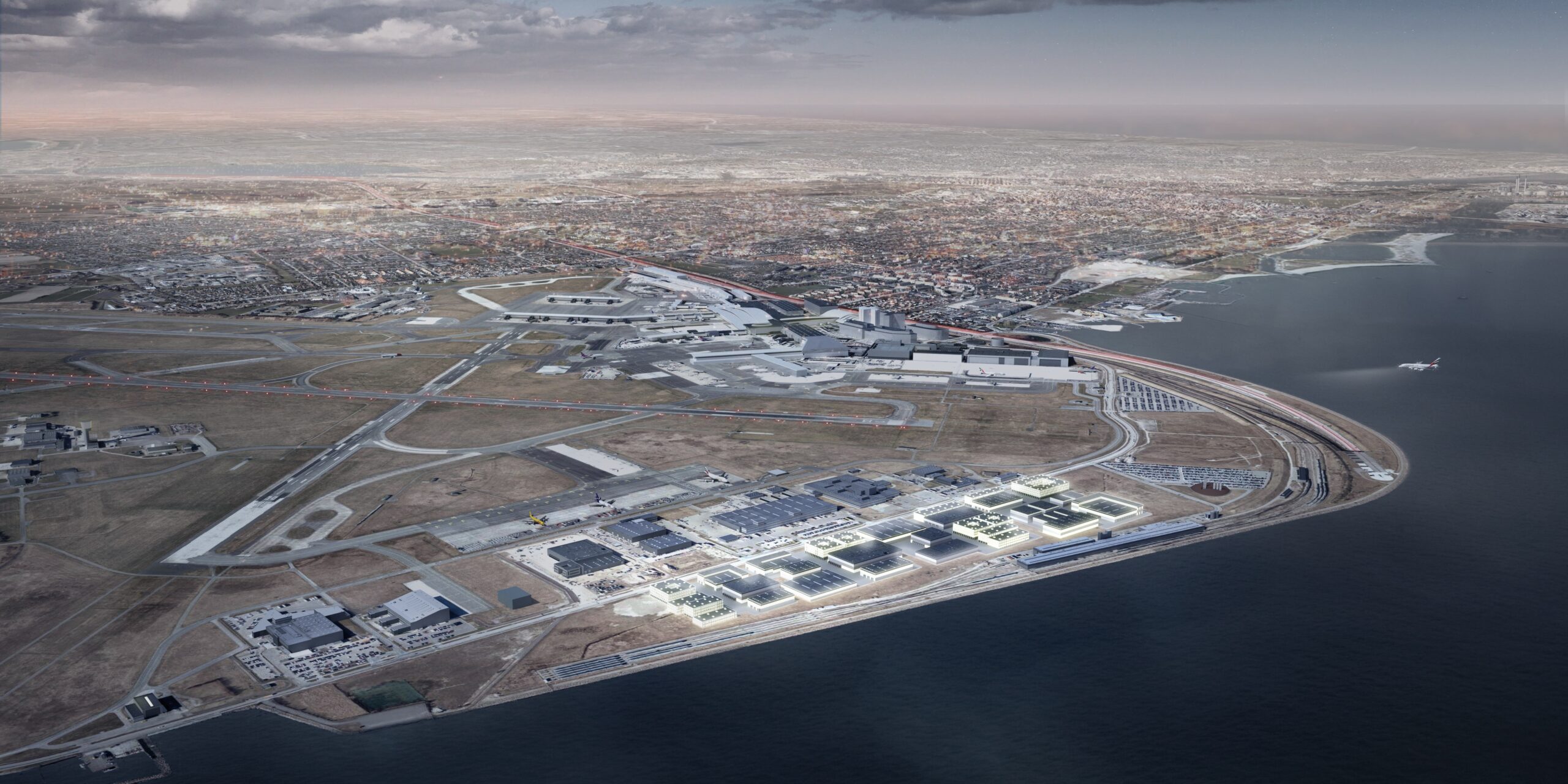DENMARK. Copenhagen Airport is aiming to become a centre for e-commerce as it seeks to develop an airport business park.
The airport is inviting Danish and international companies to develop a 170,000sq m area, which it hopes will lead to “more jobs, more exports and even better opportunities to do business with the wider world”.
Copenhagen noted that other airports in Northern Europe were at an advanced stage “of developing cargo and business areas to generate growth and jobs”. It said Denmark could then “join the battle” to become the Northern European hub for major global e-commerce companies such as Amazon and Alibaba.

“Denmark should aim to be the Northern European centre for cargo and e-commerce, and a hub for the pharmaceutical and biotech industries in Northern Europe,” said Copenhagen Airport Chief Commercial Officer Peter Krogsgaard.

“So we need to create an airport business park that can also attract companies with a particular need for a central location at a large international airport – companies that we would not otherwise attract to Denmark.
“With a business park at the airport, we could also strengthen export opportunities for the many Danish companies that rely on overseas exports. And at the same time we could attract global companies that would otherwise locate in and around other large European airports.”
Copenhagen Capacity CEO Claus Lønborg said the airport’s location as a gateway to the Nordic region and Europe meant the park would be well positioned to attract e-commerce companies.
“Furthermore, Denmark’s competitive framework conditions, such as a flexible labour market and a well-developed physical and digital infrastructure, are crucial factors when companies are choosing locality,” he explained.
The airport is also aiming to double air cargo capacity from 500,000 to 1,000,000 tonnes a year and said the expansion would not only aid exports and imports but would also be crucial for passenger flights.
“Currently, belly cargo accounts for a large share of earnings on long-haul international routes – often more than 10%,” said Krogsgaard. “If we can show the airlines that it’s possible to fill aircraft flying to Mumbai or Cape Town with belly cargo, it will be even more attractive for them to fly to Copenhagen rather than to one of our competitor airports in Europe.”
Copenhagen Airport said it would continue discussions with authorities in order to make the vision become reality.












